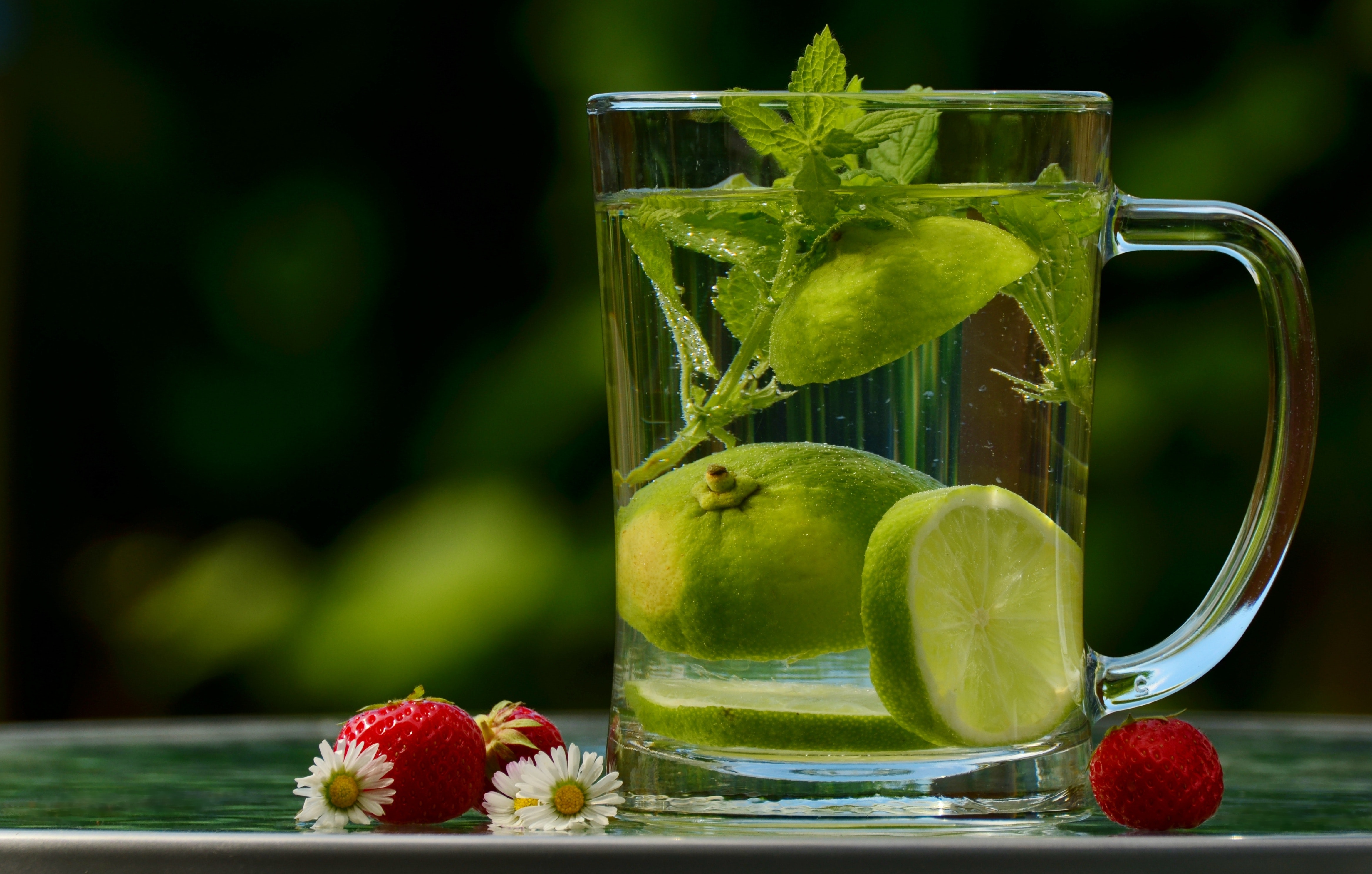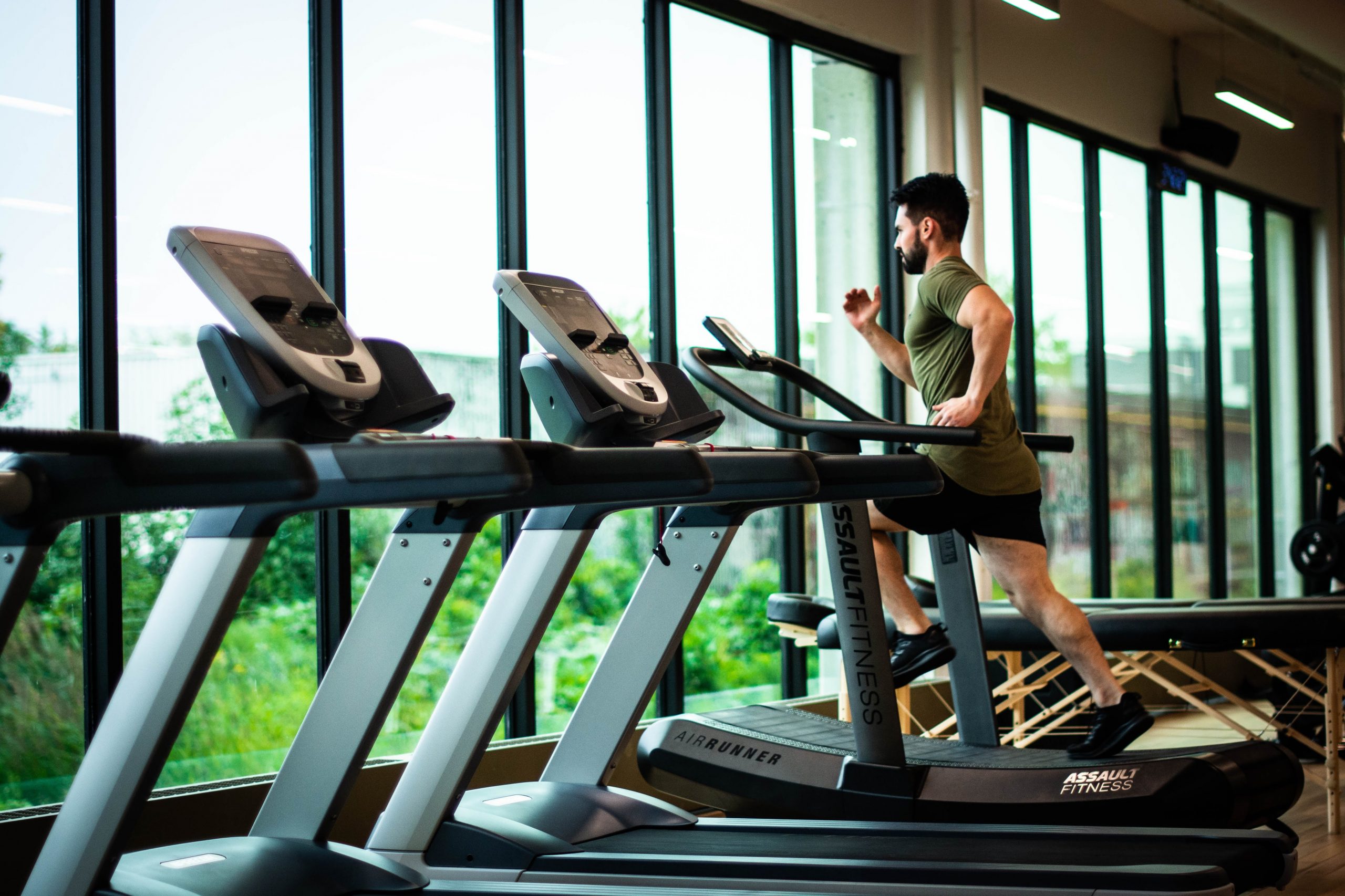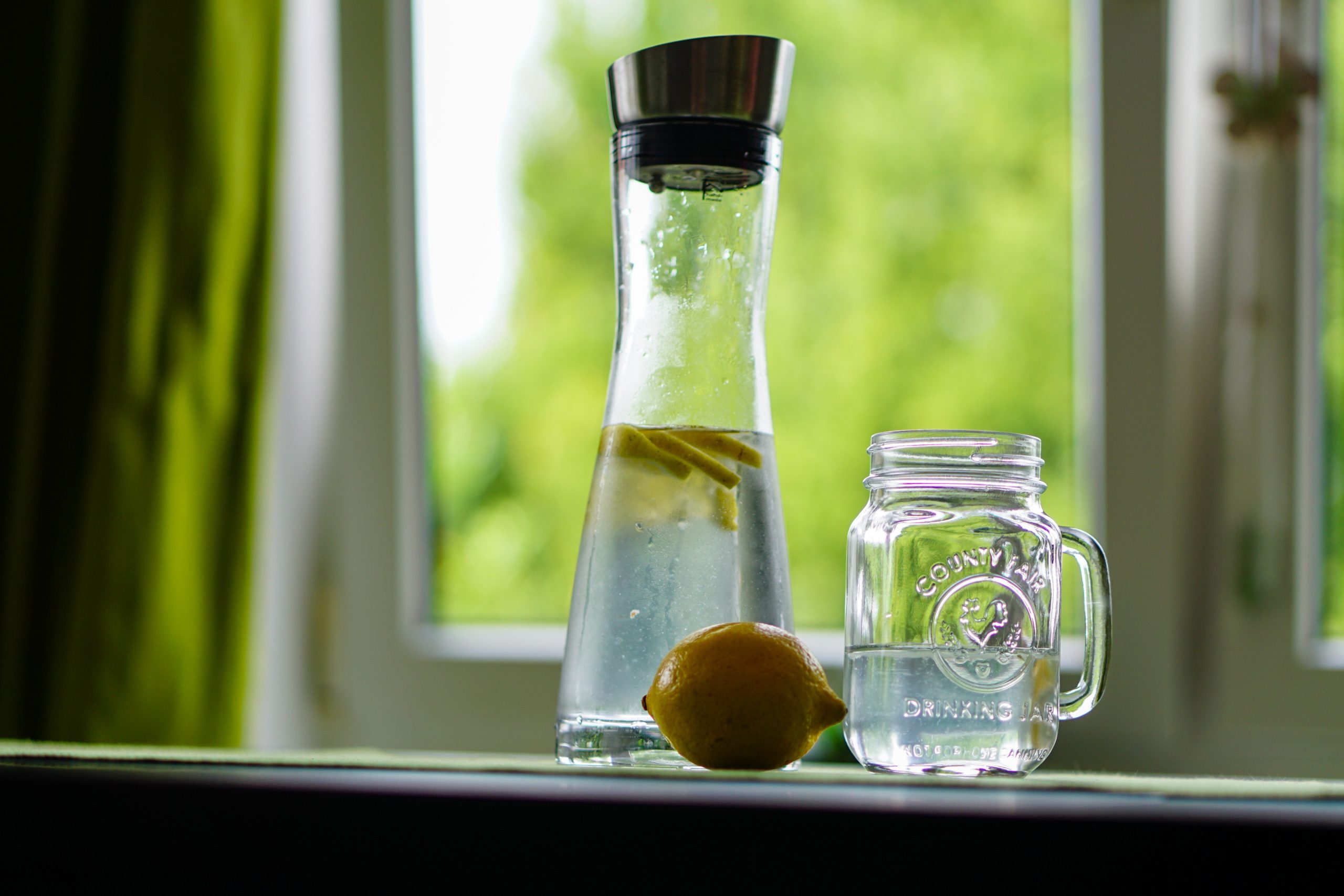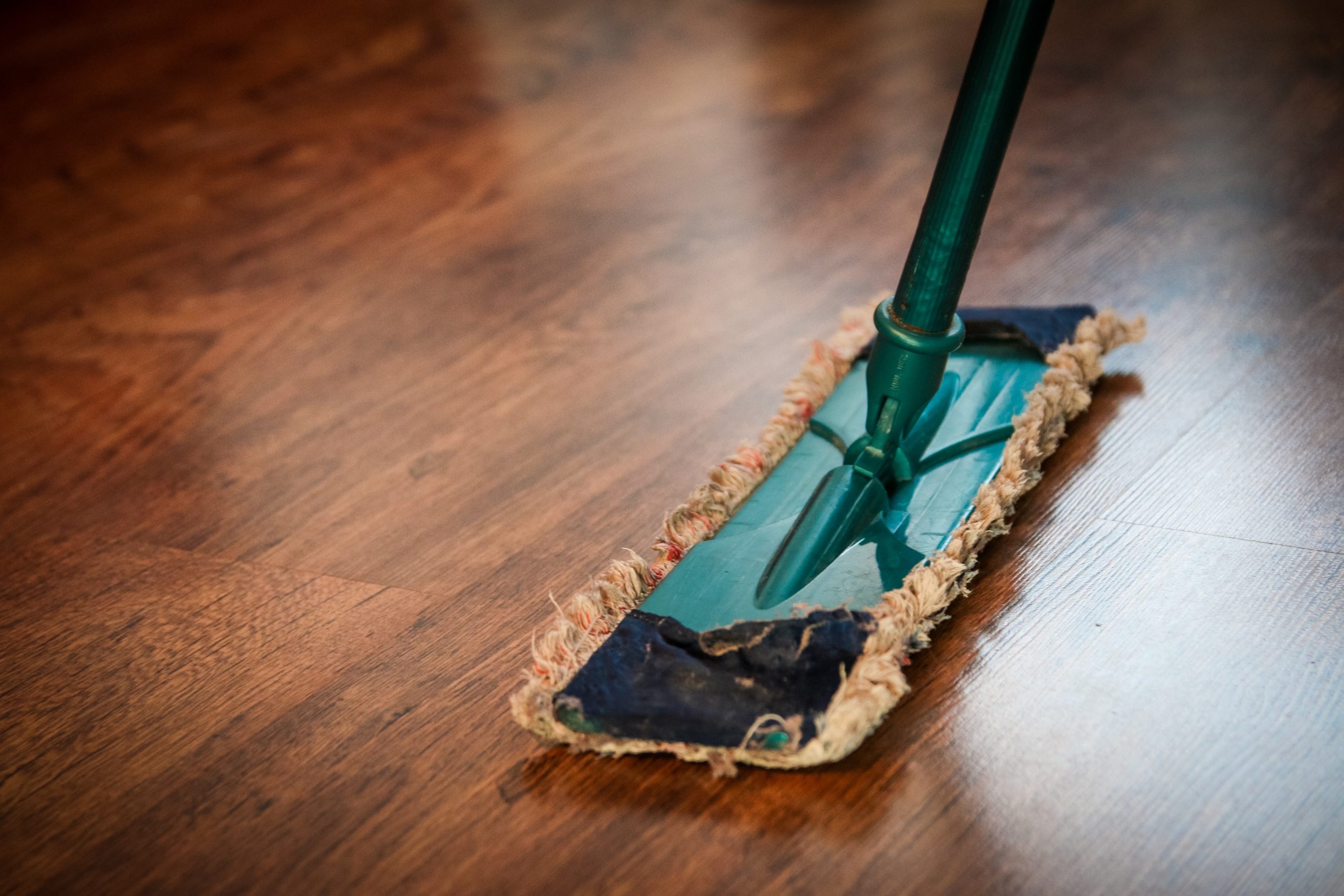
You’ve been careful for over a year now. Social distancing is so ingrained in your consciousness that you do a double-take when you see old concert footage on TV. You’ve grown to appreciate the benefits of face masks (no need to worry if there’s a bit of spinach in your teeth, protection from the wind or that random pimple on your chin). Your bubble is airtight, and you’ve finally figured out the most flattering Zoom camera angle.
So why do you feel like you’re sick, when you’ve done everything right? Watering eyes, runny nose, sneeze attacks? Is it time to self-isolate? What if you sneeze in the grocery store line-up? After all, there is no bigger social faux right now than an unexpected public sneeze. Should you have a COVID-19 test?
An Unusual Year for Allergies
Even at the best of times, seasonal allergy symptoms are inconvenient and annoying. Add in the very understandable fear of COVID-19, and allergy sufferers experience extra stress, which is never a good thing when trying to stay healthy. It’s more important than ever to practice a seasonal allergy reducing lifestyle this spring, to alleviate stress and keep yourself healthy and strong. Plus, many of the lifestyle measures that reduce allergies improve your overall health and wellness.
The sneakiness of seasonal allergies
It’s not surprising that allergy sufferers worry about COVID, since some of the symptoms are very similar. Seasonal allergies can cause:
- A runny nose
- Watery eyes
- Coughing
- Wheezing
- Headaches
- Post-nasal drip
- Shortness of breath
- Reduced sense of taste or smell
These symptoms often appear in the spring, when trees begin pollinating. Pollen in the air can trigger our bodies to release the powerful chemical histamine, which leads to allergy symptoms.
Invisible Spring Pollen
Contrary to popular belief, allergy triggers at this time of the year are usually tree pollen, not pollen from flowers, and they’re often not visible to the naked eye. To further complicate matters, the start of spring allergy season can vary by year, so allergy sufferers often don’t realize it has begun until symptoms appear. It’s also important to note that allergies of any kind can develop later in life, so if you’ve sailed through spring in the past, but suddenly notice you’re sniffling, seasonal allergies could be the cause.
Regional Variations
The types of pollen in the air vary by region, with different types of trees contributing. Birch, oak, and ragweed are common culprits, each producing its own distinct pollen. As a result, there’s no single catch-all solution, or even one simple diagnostic procedure, for pollen allergies.
Changing Times
Interestingly, seasonal allergies seem to be on the rise. Climate change may be to blame, as higher temperatures can increase pollen production. A 2019 study in the Lancet showed significant increases in the pollen count and a longer pollen season across the northern hemisphere, and although the average in North America hovers between 10 and 25 percent of the population, pollen seasons vary between locations and from year to year. In fact, a 2017 Statistics Canada study found that 40 percent of Canadians reported pollen or grass allergies – that’s a lot of congested people.
5 Steps to Help Reduce Seasonal Allergy Symptoms
Fortunately, science is providing more information about preventing and reducing seasonal allergy symptoms. Check out some easily adapted lifestyle tips below.
1 – Reduce Stress
We get it: Life is stressful right now. However, the irony is that stress can exacerbate allergy symptoms, which in turn creates more stress. To end this cycle, take proactive steps to bring down the pressure.
Studies have found that meditation and yoga have a positive impact on allergy symptoms. Getting enough sleep is also important. Of course, allergies can also interfere with sleep, since it’s hard to fall asleep with a stuffy nose. Sleeping with the windows closed can help keep pollen out to preserve your indoor air quality.
2 – Keep Indoor Pollen Under Control
In addition to keeping your windows closed, small changes in your daily routine can help reduce the amount of pollen in your home. Consider this: When you’re outside, you’re often surrounded by tree pollen which can rest on your clothes, hair, and skin, so you need to take special measures to get rid of it.
Have a quick shower when you first come home at the end of the day and launder your clothes frequently after spending time outside. Investing in a portable high-efficiency particulate air (HEPA) air filter and vacuuming with a HEPA filter will also help keep the air cleaner.
Although we want to avoid pollen, getting outside is still important for mental and physical health, particularly while we are still avoiding indoor gatherings. Try to schedule walks following a rainfall when the air will be clearer.
3 – Reduce Other Airborne Irritants
Perfumes, air fresheners, scented candles, aerosol sprays, conventional cleaning products, dust and cigarette smoke are all irritants commonly found in the home that can make your nasal passages and eyes more vulnerable to reactions to pollen. Keeping your home with natural, non-toxic cleaners or even steam-cleaning will help reduce the overall load on your mucus membranes.
4 – Eat Antihistamine Superfoods
Certain foods can help bring down systemic inflammation and slow the production of histamine. Eating a well-balanced, whole foods diet with plenty of vegetables, healthy fats and low in sugar is a great starting point – and including some of these antihistamine superfoods can be effective too:
Omega 3 Essential Fatty Acids
Foods high in omega-3, such as fresh salmon, chia seeds, and flax seeds.
Pineapple and Papaya
Vitamin C found in many fruits can inhibit histamine and support the immune system, but some fruit contains enzymes that actively reduce antihistamines in the bloodstream. Pineapple contains the enzyme bromelain, and papaya contains papain.
Spices
Certain spices can act as decongestants. Ginger, in particular, is effective in reducing nasal symptoms. Early research suggests that curcumin, which is found in turmeric, can also ease the symptoms of seasonal allergies.
5 – Consider Nutritional Supplements
Research is uncovering new beneficial treatments for seasonal allergies and rediscovering the benefits of traditional remedies.
Vitamin D
Vitamin D deficiency is prevalent worldwide, and with its roles in anything from inflammation to immune support and bone health, supplementing with vitamin D is widely recommended. Recent studies looking at the effect vitamin D supplementation has on seasonal allergies found that participants who took vitamin D reported a reduction in symptoms compared to those who took a placebo.
Herbal Remedies
Stinging nettle is a herb that is often used in natural medicine for its anti-inflammatory properties. In a 2000 study, half of the participants who took a stinging nettle supplement reported a reduction in seasonal allergy symptoms, and almost 2/3rds felt better.
Antioxidants
Quercetin, an antioxidant flavonoid found in brightly coloured produce like berries and kale, also helps reduce the body’s production of histamine.
If you’re struggling to get seasonal allergies under control, give us a call. An Integrative Medicine practitioner can run lab tests to gain specific information on your allergies. Together, we can create a customized plan that will give you peace of mind as we move into spring and summer.
Research:
Amber M. Patterson, MD, Vedat O. Yildiz, MS, Maryanna D. Klatt, PhD, William B., Malarkey, MD. Perceived stress predicts allergy flares. August 08, 2013. DOI:https://doi.org/10.1016/j.anai.2013.07.013
Daphne Koinis-Mitchell, PhD,a Timothy Craig, DO,b Cynthia A. Esteban, MSN, MPH,a and Robert B. Klein, MDa. Sleep and allergic disease: A summary of the literature and future directions for research -, J Allergy Clin Immunol. 2012 Dec; 130(6): 1275–1281.
Published online 2012 Aug 3. doi: 10.1016/j.jaci.2012.06.026
C S Johnston 1, L J Martin, X Cai. Antihistamine effect of supplemental ascorbic acid and neutrophil chemotaxis, Journal of the American College of Nutrition. 1992 Apr;11(2):172-6.
Viswanath P Kurup, Christy S Barrios. Immunomodulatory effects of curcumin in allergy. Food Res. Molecular Nutrition & Food Research. 2008 Sep;52(9):1031-9. doi: 10.1002/mnfr.200700293.
Yasuko Ishikawa, Tomoko Tokura, Nobuhiro Nakano, Mutsuko Hara, François Niyonsaba, Hiroko Ushio, Yuji Yamamoto, Tadahiro Tadokoro, Ko Okumura, Hideoki Ogawa. Inhibitory effect of honeybee-collected pollen on mast cell degranulation in vivo and in vitro, J Med Food. 2008 Mar;11(1):14-20. doi: 10.1089/jmf.2006.163.
Lewis H Ziska, PhD , Prof László Makra, PhD, Susan K Harry, AAS, Nicolas Bruffaerts, PhD, Marijke Hendrickx, PhD, Frances Coates, MS, et al. Temperature-related changes in airborne allergenic pollen abundance and seasonality across the northern hemisphere: a retrospective data analysis. The Lancet Planetary Health, VOLUME 3, ISSUE 3, E124-E131, MARCH 01, 2019.
Beda Muehleisen, MD, Richard L. Gallo, MD, PhD. Vitamin D in allergic disease: Shedding light on a complex problem. The Journal of Allergy and Clinical Immunology DOI:10.1016/j.jaci.2012.12.1562
Morteza Jafarinia, Mahnaz Sadat Hosseini, Neda kasiri, Niloofar Fazel, Farshid Fathi, Mazdak Ganjalikhani Hakemi & Nahid Eskandari. Quercetin with the potential effect on allergic diseases. Allergy, Asthma & Clinical Immunology. 16, Article number: 36 (2020) May 2020
Hooman Mirzakhani, MD,1,2 Amal Al-Garawi, PhD, MMSc,1,2 Scott T. Weiss, MD, MS,1,2,4 and Augusto A. Litonjua, MD, MPH. Vitamin D and the development of allergic disease: how important is it? Clin Exp Allergy. 2015 Jan; 45(1): 114–125.
Statistics Canada. Health Fact Sheets – Chronic Conditions, 2017. Release date: November 14, 2018









